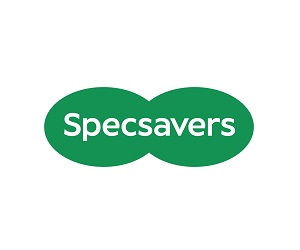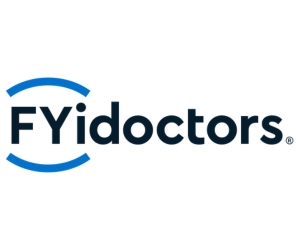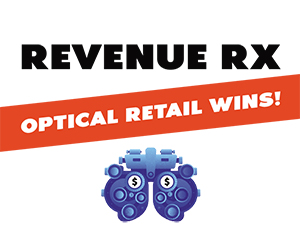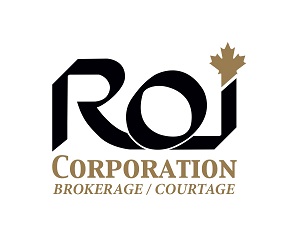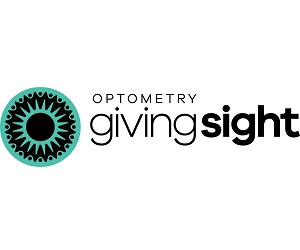
Now that I’m retired, I can ask people the question that we optometrists would like to ask, but are uncertain if we would get an honest response: What don’t you like about your optometrist or the optometric experience? Some of the responses I got were expected, but some were a surprise.
Optometric literature is big on the doctor delegating tasks to staff members to free up time. One friend said that when she lived in New Jersey, her optometrist did all of the exam himself. He only had staff do the visual fields test when necessary. When she retired to Florida, her new optometrist delegated the majority of the exam procedures to his employees. My friend was not too thrilled about that. She said she felt uncomfortable with technicians doing procedures that her last optometrist did himself.
A major concern of my friend’s was how much training the technicians had. Did they have formal schooling or did they just learn on the fly from another staff member? “It is a little unsettling to not know how qualified the person is who is testing your eyes is,” she said. “Maybe it is my fault for not questioning it/them, but I have to wonder if I am the exception or the rule on not being familiar with their qualifications.”
New Jersey’s doctors seem to have a leg up on Florida’s. Another friend mentioned that her New Jersey eye doctor let her know what tests he was preforming and the reason behind each test. Her Florida doctor does not. She preferred to be informed and not left in the dark.
Equipment and technology are also a concern for some of my friends. Some people like up-to-date technology, while others feel that some of the “machines” are a waste of their time. One friend said he felt that he was exposed to a certain procedure just so the doctor could bill his insurance to pay for his new expensive machine. He was supposedly the only eye doctor in Florida with this new machine, so obviously most doctors did not think this procedure was necessary for a routine eye exam. Evidently, he was not impressed with the latest and greatest technology.
He, and other friends, mentioned a few pieces of equipment, in particular, as sources of irritation. The visual fields test was boring (“something has to be done to speed it up”), the bio-microscope is a poor design for a well-endowed woman (a friend said she felt like she was getting a mammogram having to push into it). No surprises with this one–NCTs should be retired. NCT haters would much rather have their eye numbed and have the tonometer probe pushed into it.
The optical also generated a few comments:
“Why do you have to ask for your prescription? Shouldn’t they just automatically give it to you like your medical doctor use to do before EHR became the norm? The staff makes you feel uncomfortable asking for it.”
“Why are glasses so expensive at the doctor’s office when you can get two pairs and the exam for $59 at another establishment? What gives with that?”
“If you do purchase at the doctors office, they like to push extras on you; whether it be second pairs, prescription sunglasses, specialty glasses or extra lens treatments.”
Perhaps having your optical staff on commission, or eligible for bonuses based on sales performance, is not a good thing if your patients feel they are being pressured to buy more than they had planned.
One friend noticed that she experienced a difference in treatment if she had a prescription problem with glasses she purchased from the doctor whose office she was at, versus if she purchased them from another source. If the glasses were purchased from the doctor, she got immediate service. A staff member would recheck her vision and verify the prescription. This was not the case if she had her prescription filled elsewhere. She felt she had no recourse if the prescription was wrong, but not purchased at the prescribing doctor’s office.
The optical is not the only place where the hard-sell can be a problem. One friend commented that her eye doctor has an interest in an eye vitamin business. ”He really pushes patients to purchase his ‘wonderful’ vitamin product,” my friend said. “They are quite pricey ($50 a bottle, I believe). I don’t ever remember being solicited at any other eye doctor I’ve been to, and since I don’t really like a hard-sell approach from sales people in general, I don’t appreciate being strongly encouraged to buy eye vitamins from him when I am in there for my routine eye exam.” It sounds like this doctor needs to back off a bit. No patient wants to be strong-armed by their doctor into making an unwanted purchase.
Finally, my friends mentioned that they felt strongly that insurance plans should not dictate their eye doctor. They said it’s frustrating to really like a doctor and then have their employer change insurance plans to one their eye doctor doesn’t accept. In addition, they noticed the inconvenience of being referred by their eye doctor to a specialist who is not on their insurance plan, and, therefore, not feasible to see.
Overall, I don’t think we fared too poorly. Some of these issues could probably be resolved by taking the time to explain things better. Others, like the insurance complaints, we have no control over.
“I have no negative issues – would just go elsewhere if that happened,” one friend told me. That’s something to keep in mind.

DIANE PALOMBI, OD
Diane Palombi, OD, now retired, owned Palombi Vision Center in Wentzville, Mo. To contact her: dlpod1@hotmail.com














